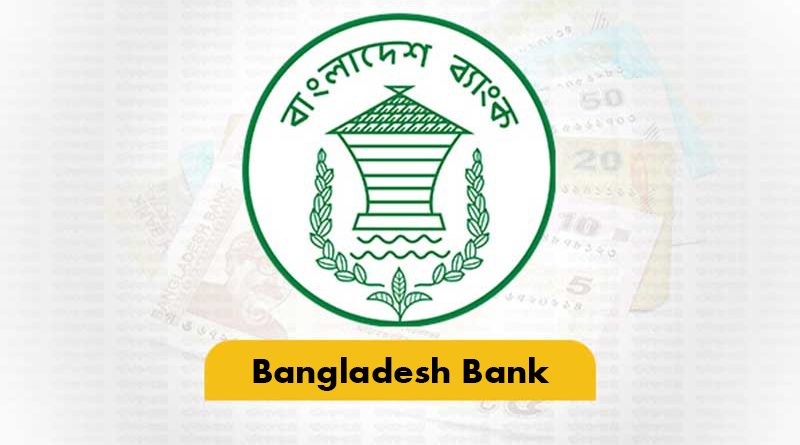Bangladesh Bank has introduced a major policy step to expand the country’s export channels by allowing shipments under a Business-to-Business-to-Consumer (B2B2C) framework. The central bank has issued a foreign exchange circular on November 24, 2025 enabling exporters to sell goods to global consumers through internationally recognized online platforms and marketplaces.
Under the new circular, Authorized Dealer (AD) banks may now facilitate exports from Bangladesh where the overseas consignee is not the final buyer but acts as an intermediary—such as a global platform, marketplace, or third-party warehouse.
To execute exports under this framework, exporters shall provide AD banks with documented proof of their registration on globally recognized online platforms or warehouses. As traditional sales contracts are typically absent in B2B2C structures, exporters may declare the value of shipments based on proforma invoices. AD banks are allowed to accept shipping documents prepared in the name of the consignee providing warehousing or other facilitating services.
In terms of proceeds realization, ADs may receive export payments through normal banking channels, including payments routed via legitimate international payment service operators. Since export receipts under platform-based sales may cover multiple shipments, the central bank has relaxed the requirement for one-to-one payment matching. ADs may settle receipts using the First-in, First-out (FIFO) method, allowing earlier shipments to be adjusted first.
Industry insiders believe the move will ease cross-border e-commerce operations, strengthen Bangladesh’s footprint in global online marketplaces and provide small and medium exporters with wider market access. The new framework is expected to support diversified export growth by integrating Bangladeshi products more effectively into global digital retail channels.






